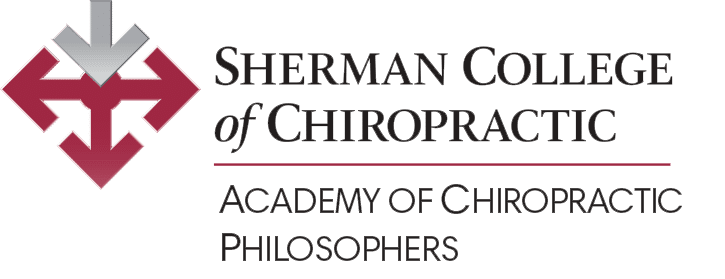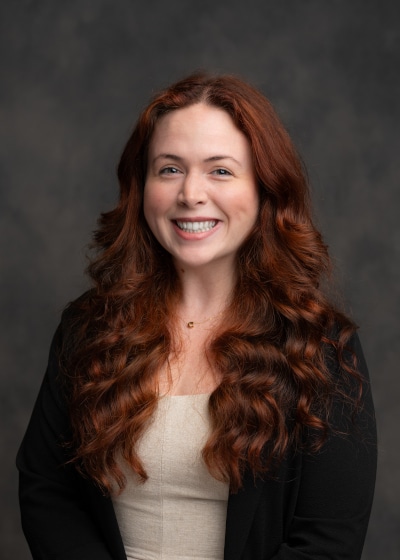About the Academy of Chiropractic Philosophers
The Sherman College Academy of Chiropractic Philosophers enhances the understanding, depth, and breadth of chiropractic philosophy. The Academy is committed to helping candidates become the writers, thinkers and speakers they desire to be and that the profession needs.
The scholarly 100-hour program will challenge and inspire candidates to learn and think about chiropractic philosophy and its relationship to the above-down-inside-out world view.
Throughout the five-session course which spans one year, candidates will:
- Investigate how Chiropractic relates to a salutogenic approach to health care.
- Study the validity of the 33 principles.
- Have an introduction to cycles.
- Re-visit the reasoning process and compare mechanistic and vitalistic thought.
- Evaluate the relevance of the 33 principles and their application as they listen, question and synthesize current thinking in biology, chiropractic research, adaptability, ethics and professional identity in the practical application of chiropractic philosophy.
Words from Your Colleagues
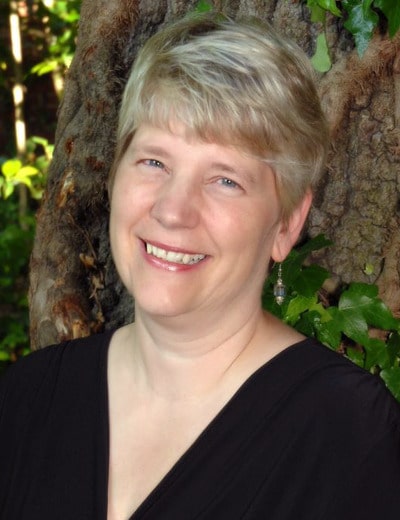
“I took the ACP program at Sherman when I had already been in practice for 20 years. I found it to be the single most fulfilling program I have ever participated in as a chiropractor. It served to sharpen my thinking, made me a better communicator and brought a whole new vitality to my practice.”
Felicia Stewart, D.C.
1988 Sherman College graduate
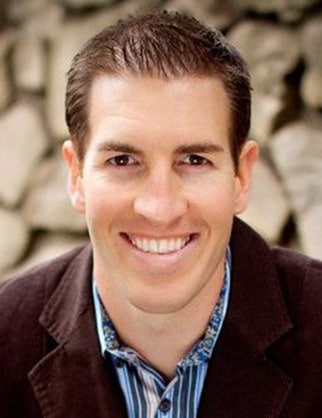
“Enrolling in the ACP program was the most important decision I have made as a chiropractor. The in-depth analysis of our philosophy and history has given me incredible certainty that has resulted in improved communication of the principles with my practice members and other chiropractors. Do it for yourself, your practice members and the profession.”
Steve Tullius, D.C.
2002 LACC graduate
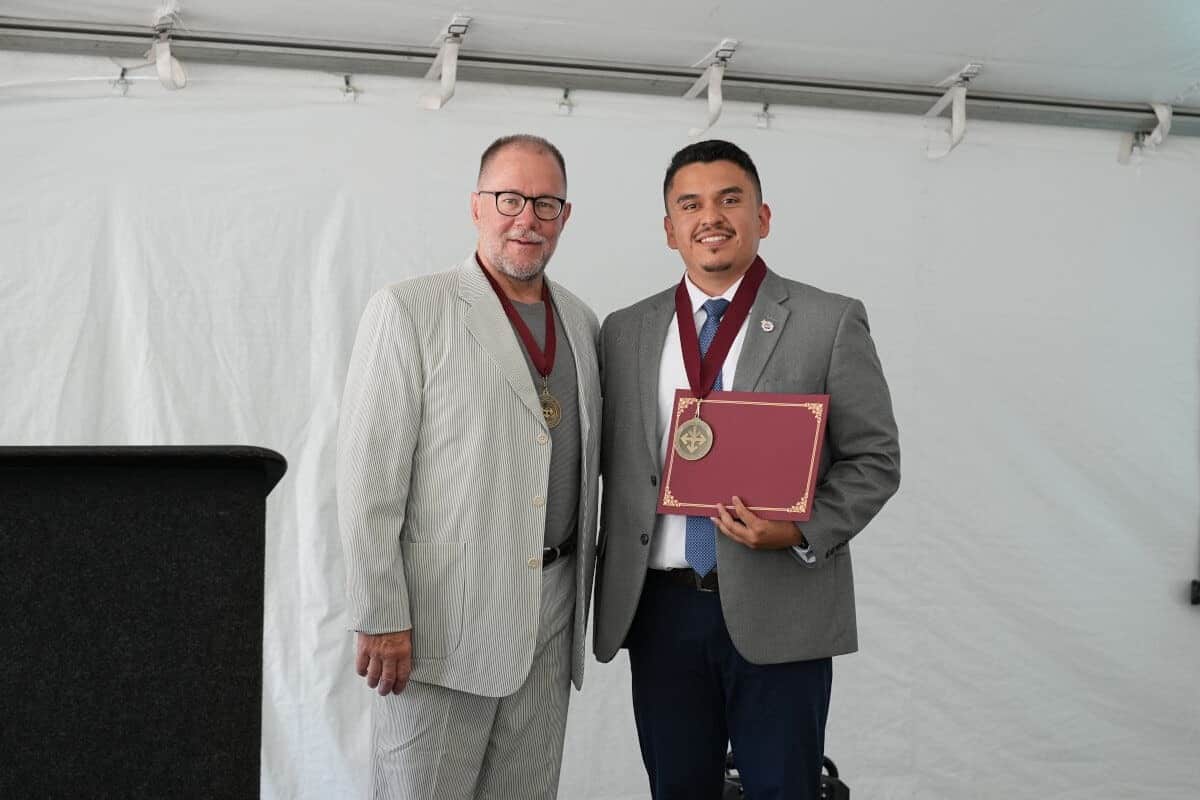
Diplomate for the Academy of Chiropractic Philosophers (DACP)
The Sherman College Academy of Chiropractic Philosophers Diplomate program is designed to build on the philosophical thought from the 100-hour ACP, LCP or SCP course. The program challenges and inspires candidates to learn and think about chiropractic philosophy and its relationship to the above-down-inside-out world view. The scholarly 200-hour program is committed to helping candidates become the writers, thinkers, and speakers they aspire to be and that the profession needs.
Throughout the eight-session course, which spans two years, candidates will investigate how chiropractic relates to a salutogenic approach to healthcare. They will delve deep into cycles, revisit the reasoning process, and compare mechanistic and vitalistic thought. They will evaluate the relevance of the 33 principles and their application as they listen, question, and synthesize current thinking in biology, chiropractic research, adaptability, ethics, and professional identity in the practical application of chiropractic philosophy.
